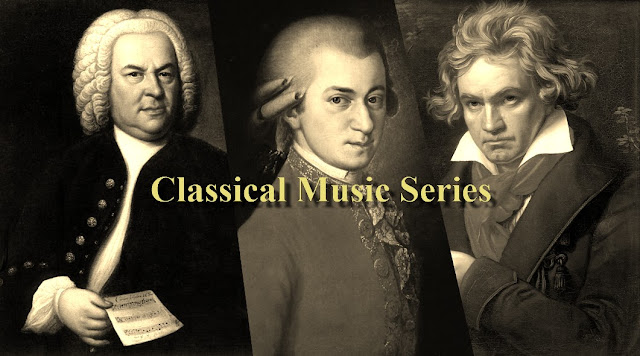I don't
know exactly why, but when YouTube suggested Down by Marian Hill to me I figured it would probably be a cliché
ballad. The start of the song seemed to confirm this since I only heard a piano
and a female vocalist. It sounded nice but not really remarkable. I kept
listening however and it's a good thing I did, because when the beat dropped,
at 56 seconds into the song, my opinion changed completely. If you're a regular
visitor of my blogs you've probably noticed that I'm a fan of hip-hop and trap
beats as well as electronic parts. Down
manages to combine these elements with cut up vocals, reminiscent of C2C (see
my earlier blog) while at the same time maintaining a relaxed feel. I fell in
love with the song.
Marian
Hill, consisting of producer Jeremy Lloyd and vocalist Samantha Gongol, is a
relatively new group that started out in 2013. My two favourite songs of their
debut EP 'Play' are Loveit and
especially One Time. I like the jazzy
feel that both songs have due to use of a saxophone.
In 2015
the group released a second EP with several new songs, but it wasn't until 2016
that they released their debut album 'Act One'. The album contains a nice range
of songs, from the relaxing I Know Why,
to the urban Mistaken and the
swinging I Want You. This last song
reminds me a bit of the electro swing produced by ProleteR.
Currently
their latest released song, the earlier mentioned Down, has almost 21 million views on YouTube so it's safe to say
the group is blowing up. I can't wait to hear more of their saxy songs.
Check
out more videos on Marian Hill's Official YouTube Channel






